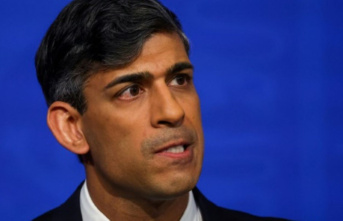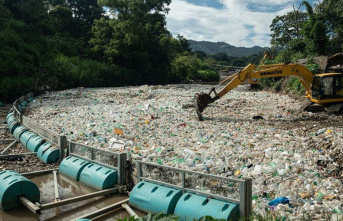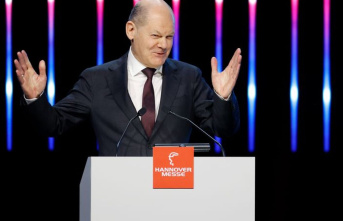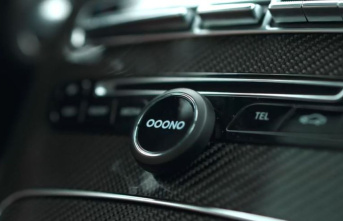After the agreement in the dispute over the registration of cars with combustion engines in the EU, Federal Finance Minister Christian Lindner wants to reform the taxation of motor vehicles. Cars that are fueled with climate-neutral synthetic fuels - so-called e-fuels - should in future be taxed less than vehicles currently powered by petrol or diesel, said the FDP chairman of the German Press Agency. "If the fuel is climate-friendly, then taxation, from motor vehicle tax to energy tax, must be adjusted." The Ministry of Finance will present a concept for this.
The SPD called it fundamentally right to give an even stronger incentive for climate-friendly technology and use in the taxation of motor vehicles. "Here, however, a coherent overall concept of relief and burdens as well as the reduction of subsidies must be presented in favor of all climate-friendly vehicles - not a Lex E-Fuels," said SPD parliamentary group Vice Achim Post of the "Handelsblatt".
For the Greens, Baden-Württemberg Finance Minister Danyal Bayaz (Greens) said: "Before the next subsidy is introduced, it would be more important to finally tackle the uncontrolled growth of ecologically harmful subsidies in tax law." That helps climate protection and would also be “in the spirit of good regulatory policy”.
Lindner admitted: "It will be a while before we see such vehicles on the road and have e-fuels in the tank. But for people and the economy it will be an important planning factor that e-fuels are taxed more cheaply than fossil fuels fuels."
The President of the German Institute for Economic Research (DIW), Marcel Fratzscher, told the "Handelsblatt" that tax breaks should only be considered for promising technologies. "E-fuels have been proven to be extremely inefficient, and promoting and improving an inefficient technology contradicts all logic of the market economy and the task of the state."
After weeks of wrangling about the future of cars with internal combustion engines, the German government agreed on a compromise with the EU Commission on Friday evening. According to this, new cars with such a drive can be registered in the EU after 2035 if they are refueled with climate-neutral fuel.
E-fuels are produced using electricity from renewable energies, water and CO2 from the air. Unlike conventional fossil fuels such as petrol or diesel, they do not release any additional gases that are harmful to the climate. Due to the high power consumption during production and the high production costs, it is currently still unclear whether the production of cars powered by e-fuels is really worthwhile.
Watch the video: Synthetically produced but climate-friendly fuels - so-called e-fuels - are considered to be comparatively expensive, but the processes are already available. Gasoline that can be used regularly is produced in Freiberg, Saxony.











